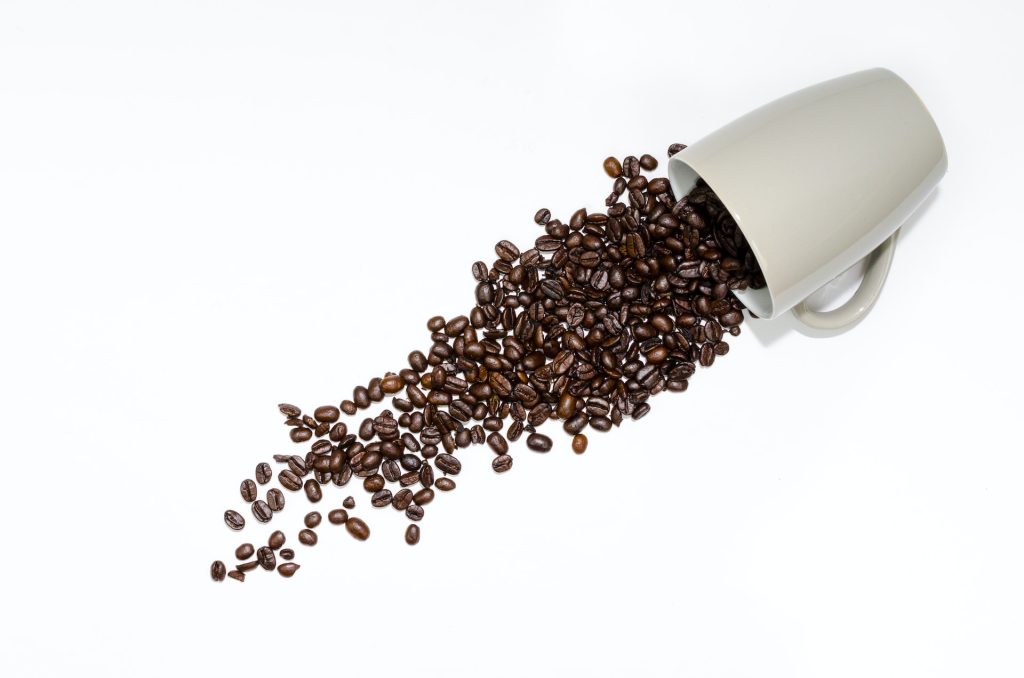There are many fitness enthusiasts looking to enhance performance through dietary supplementation to gain their desired physique. A supplement that works to increase energy, improve focus and performance during workouts is pre-workout supplements.
While most users have a positive experience, this popular ergogenic aid does have an unusual side effect–itchiness. The question is, why does pre-workout itch? These workout formulas often blend ingredients that can cause mild side effects for certain users. Know about understanding these common issues and how to make the best decisions when it comes to pre-workout supplementation.
Why Pre-Workout Supplements Make You Itch
The truth is, even though pre-workout supplements can make you itch, the majority have an overall positive experience from using pre-workouts. They’re carefully crafted to enhance athletic performance through a combination of nutrients and stimulants. Pre-workout supplements are shown to increase energy and focus while enhancing muscle response and recovery.
While itching is an unpleasant side effect, it’s only a temporary, mild inconvenience that typically clears within a half hour. This discomfort is directly related to the specific ingredients used in most pre-workout supplements. Below, we’ll explore each ingredient that may cause itchy side effects and their contribution to these reactions.
Beta-Alanine – Paresthesia
The main ingredient in pre-workout supplements that causes itching is a non-essential amino acid called beta-alanine. By buffering the lactic acid that builds up during intense workouts, beta-alanine plays a vital role in muscle performance. Beta-alanine is typically added to pre-workouts to increase endurance and reduce muscle fatigue.
An interesting side effect that may occur from beta-alanine supplementation is paresthesia, which is a tingling or itching sensation of the skin. This occurs due to the interaction beta-alanine has with nerve receptors, altering nerve functioning within the skin. The itching caused by paresthesia is generally harmless and temporary. Most individuals find relief from these sensations within 15 to 20 minutes.
Niacin – Niacin Flush
Another ingredient in pre-workout supplements that are known to cause itchy side effects is the essential nutrient niacin or vitamin B3. Niacin dilates blood vessels, which enhances nutrient and oxygen delivery to the muscles, which is especially beneficial during exercise. Niacin is commonly added to pre-workout supplements for its vasodilatory effects and metabolic energy production.
The side effects of consuming higher levels of vitamin B3 are known as the niacin flush. This temporary flushing sensation occurs as the blood vessels expand, increasing blood flow to the skin. While the flush from niacin can be uncomfortable, it’s usually a harmless reaction that elevates quickly after consumption.
Caffeine – Skin Sensitivity
The last common pre-workout ingredient to cause unusual side effects after consumption is caffeine. This central nervous system stimulant boosts focus and alertness. It’s added to pre-workout supplements for its energetic effects, which promise to boost exercise performance, making it easier to get through workouts without exhaustion.

Caffeine is typically a well-tolerated substance by most people, but in high doses, some may have mild reactions. Too much caffeine can make the skin sensitive, causing itching or tingling sensations, and can even cause other issues such as rapid heart rates. It’s worth noting, however, that these side effects are most common in people with unusually high levels of sensitivity to caffeine. Many users should still avoid overconsumption of caffeine regardless of sensitivities to avoid other complications from caffeine.
Potential Risks from Consuming Pre-Workouts
When used responsibly, pre-workout supplements can be highly beneficial for gym-goers of any activity level. Pre-workouts provide energy, better muscle performance, and enhanced recovery from intense workouts. As is with any dietary supplement, there are potential risks associated with pre-workout supplements. Understanding these potential risks helps ensure users remain healthy and safe during their fitness journey. Here are the most common risks that should be considered before starting a pre-workout supplement regimen.
Allergic Reactions
Though it’s rare, susceptible individuals may have allergic reactions to certain ingredients found in pre-workout supplements. These allergic responses can vary from mild itching or rashes to severe symptoms such as anaphylaxis. Carefully read all ingredient labels, and work with a healthcare professional to be sure of individual allergies prior to starting any new supplement.
Other Medications
Another potential risk to the consumption of pre-workout supplements is how it may interact with other medications. Stimulants, such as caffeine, can interfere with the potency of prescription drugs and certain medications used for specific health conditions.
Before beginning a pre-workout routine, consult a doctor if you have underlying medical conditions. This way, you can ensure there’s no risk associated with interacting medications with dietary supplementation.
Excessive Caffeine
Caffeine can be a powerful stimulant. When consumed in high doses, such as mixing pre-workout supplements with coffee or energy drinks, it can lead to caffeine overdose.
Symptoms can include increased blood pressure, rapid heart rate, restlessness, anxiety, and even gastrointestinal issues. Individuals with pre-existing heart complications should especially use caution when consuming excessive amounts of caffeine.
Tips to Minimize Itching
Feeling itchy is never a comfortable sensation, even when it’s only temporary. Fortunately, there are practical ways to minimize or prevent this effect when consuming pre-workout supplements. Consider the following to ensure a more enjoyable workout experience:
- Adjust dosing. Start with a lower dose and work your way up to a full dosage. Also, avoid higher levels of beta-alanine, niacin, or caffeine.
- Find customized or ingredient-free formulas. Some companies offer customizable supplements, allowing you to create formulas that are best suited to your individual needs. Read ingredient labels to find existing pre-workout supplements without ingredients that may cause itchiness.
- Know your personal tolerance. Listen to your body and its reactions to supplementation. If you experience adverse reactions to pre-workouts, discontinue use.
- Stay hydrated and cool. Keeping up on water intake before and during workouts can help reduce the intensity of itchy reactions. Additionally, applying cold to affected areas can help alleviate symptoms.
Pre-Workout Supplements: Safe and Effective for Most Users
Pre-workout supplements are a valuable resource for elevating physical performance and realizing fitness aspirations. While many users consume pre-workouts favorably, the potential for itchy and other skin sensitivities cannot be ignored. The facts are that these sensations are harmless and short-lived, making pre-workout supplements safe for most users. Armed with this knowledge, individuals can make the best choices regarding dietary supplements that align with their unique needs and fitness objectives.



































































